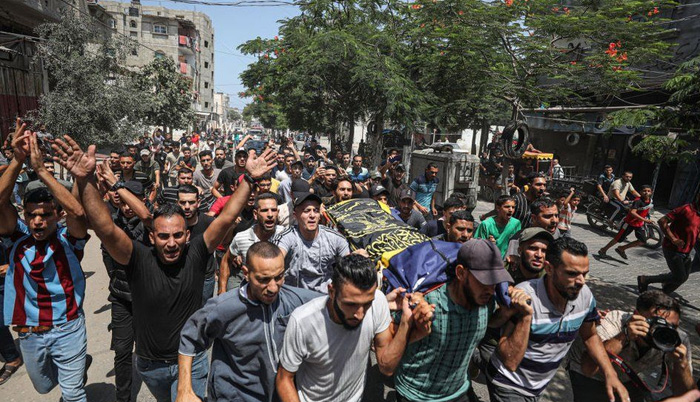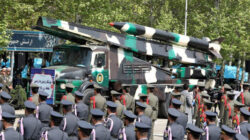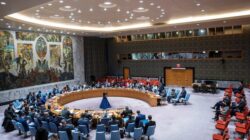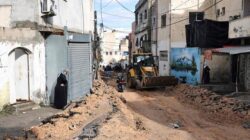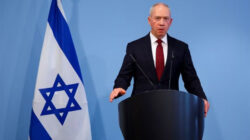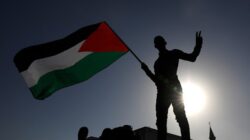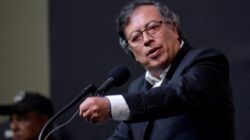Following three days of fighting in which at least 43 people were killed, Israel and Palestinian terrorists agreed to a ceasefire.
According to Palestinian Islamic Jihad (PIJ) militants, the cease-fire would commence at 23:30 local time (20:30 GMT) following talks monitored by Egyptian mediators.
The office of Israeli Prime Minister Yair Lapid acknowledged the ceasefire.
The recent clashes between Israel and Gaza are the most serious since an 11-day confrontation in May 2021.
As the truce came into effect in reaction to missiles fired immediately before, the Israeli military said it was attacking Islamic Jihad targets in Gaza, and Israeli media reported isolated rocket firing from Gaza in the minutes that followed.
However, the ceasefire appears to have held since then.
The Israeli military said the latest attack on Gaza Strip infrastructure was launched in response to threats from a militant group. It came amid days of tensions following Israel’s arrest of a prominent PIJ member in the occupied West Bank.
By Sunday evening, the Palestinian health ministry had reported that 15 minors were among the 43 people killed in the current violence. The Gaza health ministry has accused “Israeli assault” for the deaths of Palestinians and the injuries of over 300 civilians.
Rockets launched from Gaza entered Jerusalem for the first time since May of last year earlier on Sunday.
Egypt brokered the ceasefire over the course of the day.
Large crowds gathered on Sunday for the funerals of those killed in attacks on Rafah, in the territory’s south, including senior PIJ commander Khaled Mansour, the territory’s second-highest-ranking militant. Protests in solidarity of Gaza have also taken place in the West Bank city of Nablus.
Concerns about the humanitarian crisis in Gaza prompted reports of the ceasefire agreement, with health experts warning that hospitals barely had enough gasoline to power generators for another two days.
“We applaud Egypt’s efforts to put an end to Israel’s violence against our people,” Islamic Jihad spokesman Tareq Selmi said.
If the ceasefire is violated, Israel says it “retains the right to strike severely.”
Israel accused PIJ militants of causing at least some of the killings inside Gaza, stating on Saturday that the group fired a stray rocket that killed many youngsters in Jabalia. This claim has not been independently verified by the BBC.
The current violence comes on the heels of Israel’s arrest of Bassem Saadi, the PIJ’s West Bank leader, on Monday night.
He was detained in Jenin as part of an ongoing series of arrests following a spate of attacks by Israeli Arabs and Palestinians that killed 17 Israelis and two Ukrainians. Two of the attackers were from the Jenin neighborhood.
The PIJ, one of the most powerful armed groups operating in Gaza, is supported by Iran and has its headquarters in the Syrian capital of Damascus.
It has been responsible for numerous attacks against Israel, including rocket fire and shootings.
In November 2019, Israel and the PIJ waged a five-day confrontation after Israel killed a PIJ commander who Israel claimed was organizing an upcoming strike. The violence killed 34 Palestinians and injured 111 others, while 63 Israelis required medical attention.
Israel claimed that 25 of those killed were terrorists, including those ready to launch rockets.
Source:
courtesy of BBC NEWS
by BBC NEWS


